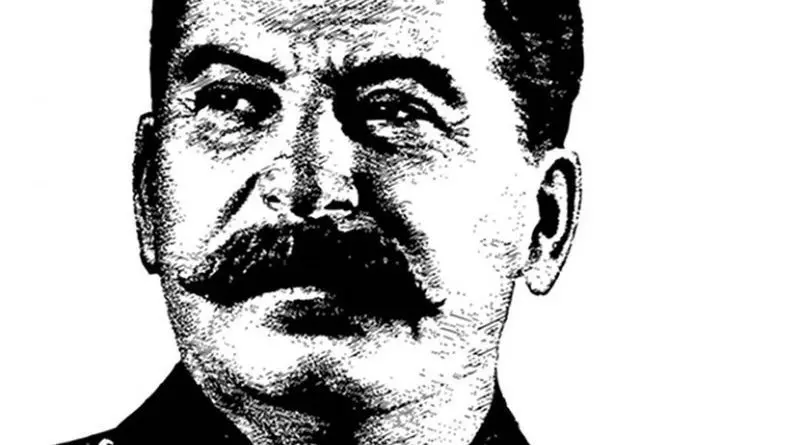Three Unresolved Contradictions Of Pre-1917 Russia Help Explain Stalin’s Enduring Popularity – OpEd
By Paul Goble
The Kremlin bears “direct responsibility for the rebirth of Stalinism,” Viktor Kirillov says. But the basis for its success in promoting a positive image of the Soviet dictator lies in three groups of contradictions which existed in Russia and were not overcome because of the nature of its revolutionary era.
The historian who has long been a leader of Memorial’s branch in Nizhny Tagil says the three contradictions include those “between liberal society and autocratic power,” between those at the bottom of society who have no privileges and the privileged elite, and between “the all-Russian center and the national borderlands” (republic.ru/posts/102146).
The overwhelming majority of political parties in Russia in the 19th and early 20th centuries were those of the radical left who believed that terror was justified against the tsarist regime, Kirillov continues. The Bolsheviks were part of this tradition and promoted utopian goals to justify their repressions against their enemies.
“As a result, a terrorist dictatorship of the Bolshevik party won out and supported its power by the methods of direct force, repression, and slogans of a world revolution called to triumph throughout the entire world,” he says. Between 1917 and 1953, the Soviet regime relied on all three.
After that time, the post-Stalinist leadership eliminated the most repressive measures but they retained the utopian goal. As a result, “the empire, which had brought under its influence ideologically 40 percent of the world’s population, fell into a period of stagnation and decay,” Kirillov argues.
But this approach left in place “the image of the trough pragmatic dictator Stalin, ‘an effective manager’ of the Bolshevik dictatorship, who carried out industrialization, a cultural revolution, and victory in a cruel war.” It is that Stalin whose image the Kremlin now cultivates, and it is that Stalin the Russian population because of the unresolved contradictions supports.
When after 1991, Russia underwent “a sharp turn from one total ideology, socialism-communism, to another – the market system and capitalism not supported by real practical successes but by the declining influence of Russia in the world – a significant part of Russian society become depressed.”
Not surprisingly, that led some political entrepreneurs to promote the idea of “a great past” and to make use of Stalin as a focus. A more mature society which had solved the contradictions of the 19th century would have been able to deal with him as someone who may have achieved a lot but only at horrific cost.
Russia is not such a society, and so the revival of Stalin has not involved a balanced assessment of his legacy but rather the reversal of the criticism he received earlier. In short, one religious faith has been replaced by another rather than by a rational assessment of reality, Kirillov says.


This is a lazy comment but to many Russians Vladimir Vladimir Putin is a vozhd, literally in the sense of a strong leader. Former Soviet defectors encountered through my modest academic career, now lost in illness, appeared to laugh this away. However, I have endeavoured to see or understand why Western leaders cannot “get” Putin. Ignorance of Russian/Soviet/Russian history is palpable and regrettable, while most US scholars have the same condition – historical and mental blindness – along with deafness. I think you have made the point.
cjw
Vozhd is a Russian Church Slavonic loanword derived from the verb vesti. In Russian, it was often used in reference to Soviet leaders such as Joseph Stalin or Lenin as Vozhd of the proletariat, Vozhd of the Russian Communist Party, Vozhd of the World Revolution, Vozhd of the Peoples. Wikipedia